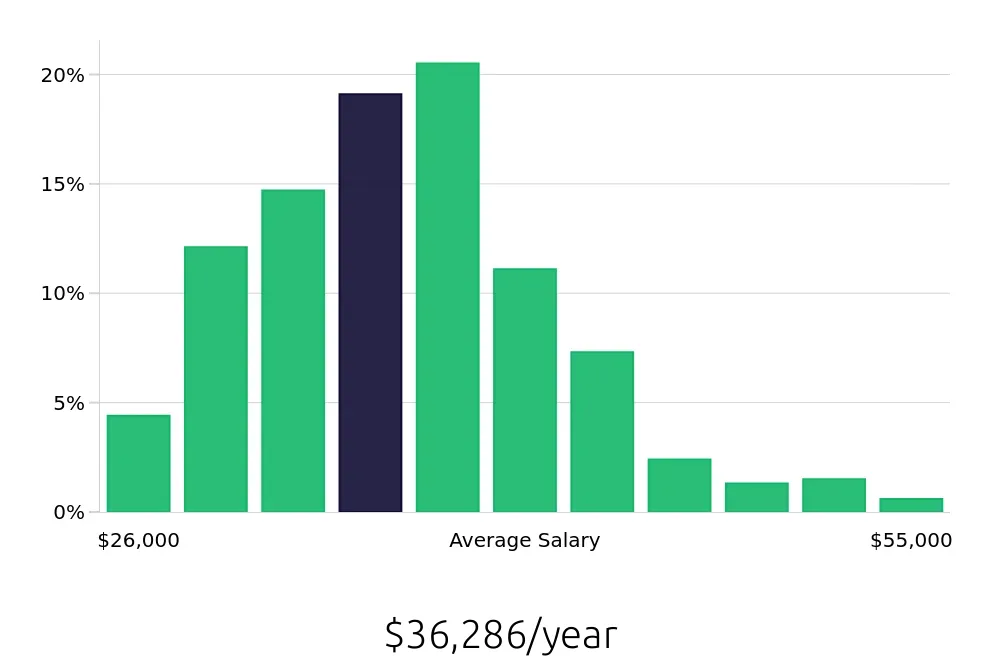Position
Overview
A Home Health Aide provides essential care to patients in their homes. This role involves assisting with daily activities, such as bathing, dressing, and grooming. Home Health Aides also help with light housekeeping and preparing meals. They monitor vital signs and report any changes to healthcare professionals. Communication with family members about the patient's condition is another key responsibility.
Home Health Aides often work with elderly patients, those recovering from surgery, or individuals with disabilities. They provide companionship and emotional support. This role requires patience, empathy, and a strong attention to detail. Home Health Aides must adhere to all safety and hygiene protocols. They ensure the patient’s environment is clean and safe. This role is both rewarding and vital in helping people maintain their independence and quality of life at home.
Becoming a Home Health Aide can be a rewarding career choice. This path allows individuals to provide essential care to others in a comfortable setting. It requires dedication, compassion, and a few key steps.
A Home Health Aide can follow a clear path to start this meaningful job. These steps ensure that the process is smooth and successful.
The journey to becoming a Home Health Aide often spans a few weeks to a couple of months. The exact timeline can differ based on the state's regulations and the specific training program chosen. Most programs require completion of a state-approved course which typically takes around 75 hours. After finishing the training, individuals must pass a competency exam. This test includes a practical skills demonstration and a written portion. Passing this exam allows a candidate to get on the state registry, making them eligible for employment.
Upon completing the required training and passing the competency exam, individuals can start applying for jobs as Home Health Aides. Many agencies and employers prefer candidates with prior experience in caregiving. It’s important to gain practical experience, which often comes through internships or volunteer work. These opportunities provide valuable hands-on training and can improve job prospects significantly. Additionally, some states offer certification programs that provide further training and credentials, enhancing a candidate's employability.
A Home Health Aide provides essential in-home care and assistance to patients, helping them maintain their independence and improve their quality of life. This role involves both personal care and basic healthcare services under the supervision of a nurse or other healthcare professional.
Responsibilities:
Qualifications
Choosing a career as a Home Health Aide offers unique rewards and challenges. This job lets people care for others in the comfort of their homes. Aides help with daily tasks, health checks, and emotional support. It requires compassion, patience, and a strong work ethic. This role allows someone to build strong relationships with patients.
The job has several benefits. Aides enjoy flexible schedules, often with part-time or full-time options. Many find the work fulfilling, knowing they make a real difference in someone’s life. Pay can be good, especially with more experience and additional training. However, there are challenges too. The work can be physically and emotionally demanding. Long hours and irregular shifts are common. The job may require travel, adding to the workload.
Here are some pros and cons to consider:
Job seekers interested in home health care can look forward to a growing field. The Bureau of Labor Statistics (BLS) reports that there are an average of 684,600 job positions available per year for Home Health Aides. This indicates a stable and consistent demand for these professionals. With a job openings percent change from 2022 to 2032 of 21.7%, the field is expected to grow significantly.
A career as a Home Health Aide offers an attractive compensation package. According to the BLS, the average national annual compensation for this role is $33,380. This includes benefits and other compensation. The average hourly pay stands at $16.05, offering a reliable income for those who choose this career path. These figures reflect the value and importance of the work performed by Home Health Aides.
For those considering a career in home health care, the BLS data presents a positive outlook. With an increasing number of job openings and a competitive salary, this field is both rewarding and financially viable. Job seekers can look forward to a future with good prospects and a role that contributes to the well-being of others.
